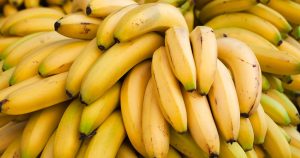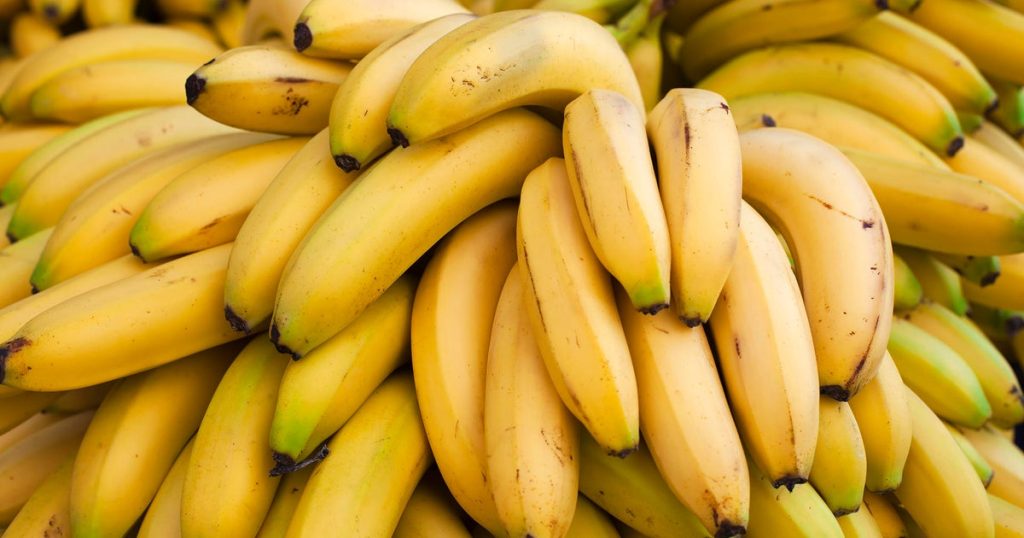President Trump exempted foods like beef and bananas from his sweeping country-by-country tariffs on Friday, as his administration grapples with cost-of-living frustrations and quickly rising prices for some types of food.
The new exemption covers a range of tropical products that are often imported to the U.S., like coffee, tea, bananas, mangoes, avocados, coconuts, pineapples, cocoa and spices like nutmeg, according to an executive order. It also covers beef, oranges and tomatoes.
The White House said Mr. Trump decided to exempt the products on Friday because he’s made “substantial progress” in negotiating trade deals with other countries. A day earlier, Mr. Trump announced trade frameworks with four Latin American countries — Argentina, Guatemala, El Salvador and Ecuador — that included relief for food that isn’t widely produced in the U.S.
The food products will no longer be covered by the “reciprocal” tariffs that Mr. Trump has imposed on most U.S. trading partners, which range from 10% to 40% or more. Some types of food could still be impacted by other forms of tariffs.
The moves come as polls show that voters remain nervous about inflation and wary of Mr. Trump’s approach to the issue, which helped propel him back to the White House last year.
Food prices rose 3.1% in the yearlong period ending in September, well below its peak of 11.4% in 2022, according to federal data. But certain types of food have surged: Beef prices were up 12.9% year-over-year in September, banana prices were up 6.9% and roasted coffee 18.9%.



